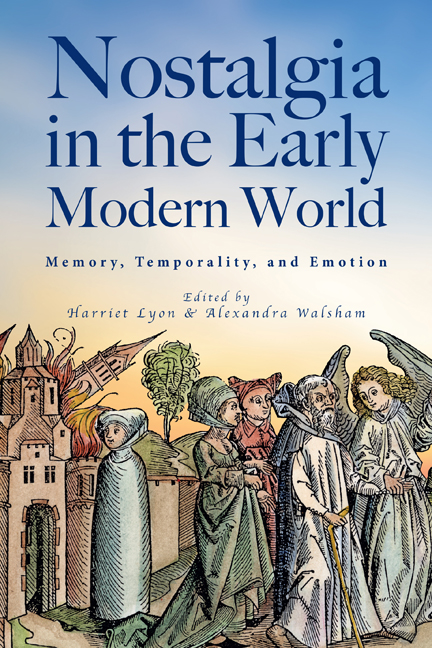1 - Pastoral Nostalgia in the Long Fourteenth Century
Published online by Cambridge University Press: 11 January 2024
Summary
En un beau pré vert et plaisant
[…]
Vi l’autr’ier, ensi quà prangière
(In a beautiful green and pleasant field, around lunchtime, I saw the other day lots of shepherds and shepherdesses.)Jean Froissart is best known for his monumental late fourteenth-century chronicles. However, he was also a fairly prolific poet, including a number of so-called pastourelles. These poems drew on the trope of a pastoral idyll – largely imagined of course – and described country life in nostalgic, richly evocative and aesthetically appealing terms. But there was a rub: the beauty of the pastoral provided a sharp counterpoint to town life and political failings. Froissart’s shepherds and shepherdesses go on to lament the loss of their gentle way of life, and rather than discussing the beauty of nature, proceed to speak of
des hauls, des moyens et des bas,
Sans parler de leur bregerie
Mes d’armes et d’armoierie. (XIII, ll. 7–9)
(those of high, middling and low status, without discussing their shepherd¬ing: instead they spoke of arms and fighting.) Maint bregier et mainte bregère. (xIII, ll. 1–5)This essay will argue that the evocation of this pastoral setting was profoundly nostalgic, both for time and place. This was not simply nostalgic longing to feed the soul and provide pleasure; rather it provided a range of ways to criticise contemporary society and even to articulate visions of change. The focus here is on fourteenth-century France, but this should be seen as part of a wider European context.
Nostalgia as a term did not exist in this period. It was a neologism invented in 1688 by one Johannes Hofer, a Swiss physician, to describe the alarming symptoms displayed by Swiss mercenaries whose homesickness was particu-larly acute. Putting together the Greek terms ‘nostos’ and ‘algos’, he produced a word to describe this specific form of Heimweh. Hofer’s term referred to a longing for place rather than time per se: apparently symptoms could be provoked when soldiers heard the familiar sound of cowbells.- Over time, the term came to refer to a longing for time rather than place: the cowbells were overlaid with Proust’s tea-moistened madeleine and the lament for the ‘temps perdu’.
- Type
- Chapter
- Information
- Nostalgia in the Early Modern WorldMemory, Temporality, and Emotion, pp. 27 - 48Publisher: Boydell & BrewerPrint publication year: 2023



